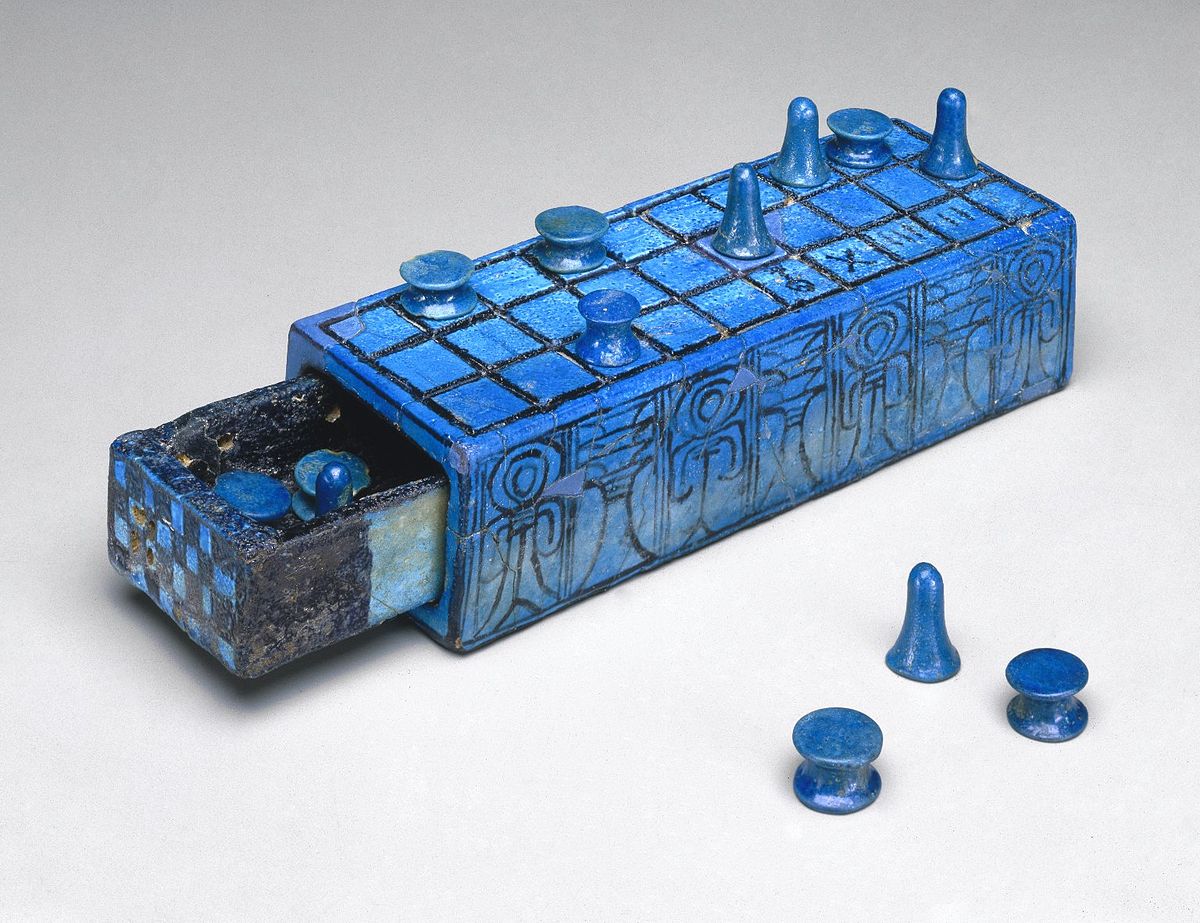The History of Board Games: From Ancient Pastimes to Modern Classics
Uniting generations and cultures, board games have been a timeless source of entertainment, strategy, and camaraderie. From ancient civilizations to contemporary living rooms, these games have evolved alongside human society, leaving an indelible mark on our cultural landscape. Join me on a captivating journey through the history of board games – from their humble beginnings as ancient pastimes to the modern classics enjoyed by millions worldwide.
Ancient Origins:
The roots of board games stretch far back into antiquity, with some of the earliest examples dating back over 5,000 years. Ancient civilizations such as the Egyptians, Mesopotamians, and Chinese had their own board game variations. For instance, the ancient Egyptian game of Senet played around 3100 BCE, is one of the oldest known board games, with a rich symbolic significance intertwined with religious beliefs about the afterlife.
These ancient games weren't just about passing the time – they were often deeply ingrained in religious rituals, military strategy, or political allegories. The Royal Game of Ur, an ancient Mesopotamian board game, is a prime example. Discovered in the royal tombs of Ur, this game not only entertained but also reflected the social hierarchy and cosmic order of Mesopotamian society.
Medieval Europe:
Board games continued to flourish during the Middle Ages, albeit with a shift in focus. Games like Chess and Backgammon gained popularity among the European nobility, serving as pastimes of strategy and intellect. Chess, with its intricate rules and strategic depth, became a symbol of aristocratic leisure and prowess. It was a game of kings and knights, reflecting the feudal society of medieval Europe.
However, board games weren't solely reserved for the elite. Taverns and marketplaces buzzed with activity as common folk gathered to play games like Nine Men's Morris and Fox and Geese. These games provided a welcome escape from the hardships of daily life, fostering social bonds and community spirit.
The Renaissance and Beyond:
The Renaissance saw a resurgence of interest in classical learning and the arts, and board games were no exception. This era witnessed the birth of new games like The Game of Goose, which combined luck and strategy in a playful race to the finish line. Meanwhile, traditional games like Chess and Backgammon underwent further refinement, with rulebooks and strategies being codified and circulated among enthusiasts.
As the centuries passed, board games continued to evolve alongside advances in technology and society. The Industrial Revolution brought mass production, making board games more accessible to the general public. Games like Monopoly and Scrabble became household names, captivating players with their blend of luck, skill, and social interaction.
The Modern Era:
In the 20th and 21st centuries, board games experienced a renaissance of their own, fueled by innovation and creativity. The rise of hobbyist game designers led to the emergence of a vibrant indie game scene, with titles like Settlers of Catan and Ticket to Ride captivating players with their fresh mechanics and immersive gameplay.
Moreover, the advent of the internet and digital platforms revolutionized the way we play and interact with board games. Online platforms like BoardGameGeek and Tabletop Simulator have made it easier than ever for players to discover new games, connect with fellow enthusiasts, and engage in virtual tabletop experiences.
Relevance Today:
In an increasingly digital world, the enduring appeal of board games lies in their ability to bring people together in shared experiences. Whether it's a family game night, a gathering of friends, or a competitive tournament, board games provide a tangible and tactile form of entertainment that transcends screens and pixels. Furthermore, board games offer numerous cognitive and social benefits. They promote critical thinking, strategic planning, and decision-making skills, all while fostering communication, cooperation, and sportsmanship. In a time where social isolation and digital distractions are rampant, board games offer a refreshing antidote, allowing us to reconnect with one another in meaningful ways.
Conclusion:
The history of board games is a testament to the enduring power of play. From ancient rituals to modern classics, these games have captivated hearts and minds across cultures and centuries. As we continue to navigate an ever-changing world, let us not forget the simple joys and timeless pleasures found in gathering around a table and rolling the dice. So, grab a game, gather your friends, and embark on your own journey through the rich tapestry of board game history.
Who knows what adventures await?



/granite-web-prod/24/a5/24a5bd99cb5c4ace9d0a254b930af24e.jpeg)
:strip_icc()/pic7213633.png)

Comments
Post a Comment